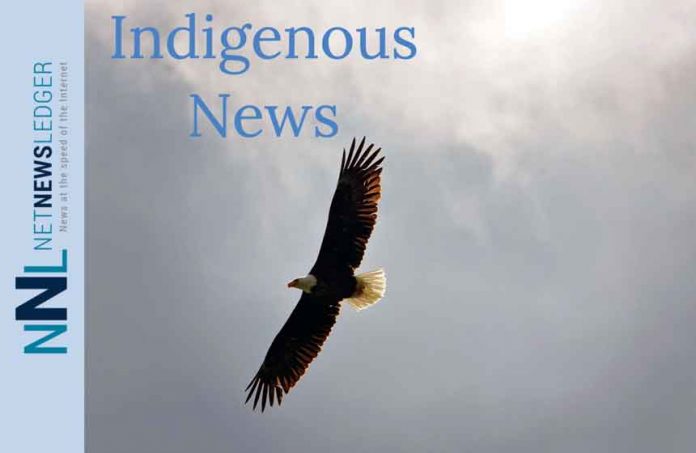THUNDER BAY – NEWS – The federal government is pushing through legislation regarding Metis recognition that will greatly affect First Nations without consultation and participation.
The Chiefs of Ontario met at their Annual Chiefs-in-Assembly in Thunder Bay, between June 13 and 15 where this issue was discussed. The consensus was made to urge all Chiefs, First Nation members and the public to contact their federal member of parliament about the Metis Government Recognition and Self-Government Agreement, which is to be introduced June 19, 2023, to oppose passing the bill by unanimous consent. The Chiefs of Ontario represents 133 First Nations in Ontario.
Wabun Tribal Council is taking Canada to court to challenge the government’s unilateral move to grant Metis recognition in northern Ontario. The tribal council is supported by many first nation organizations in their fight against the Métis Government Recognition and Self-Government Implementation Agreement between the federal government and the Métis Nation of Ontario.
“It is unfortunate that it has to come to this but these questionable claims to lands and rights has to stop. This issue can not be politely stated any more because there comes a point when we have to say something because people are claiming our First Nation culture, our land and who we are as the original Indigenous inhabitants of this land. It has to stop,” explained Jason Batise, Executive Director of Wabun Tribal Council.
The tribal council which represents six First Nations in northeastern Ontario is just one of many First Nation governments in Ontario that has argued that the government has not consulted with First Nations regarding this issue which will severely affect their treaty rights. The Tribal Council represents the First Nations of Chapleau Ojibwe, Brunswick House, Beaverhouse, Flying Post, Matachewan and Mattagami.
“The government is wanting to pass this legislation by rushing it through without consulting the First Nations that will be directly affected by these changes. Our view is that this will have serious and everlasting impacts on First Nation treaty rights. This is not just a decision that affects our Wabun territory, it will also have far reaching effects for First Nations across the province and the country,” commented Batise.
He argues that the past colonial style means of dealing with Indigenous people without participation or consultation is history. Wabun Tribal Council has contended that the Metis Nation of Ontario’s claim of recognizing new historic Metis communities in northeastern Ontario which are within the territories of the Wabun Tribal Council have been deeply flawed. The council prepared evidence to argue that these new communities did not meet established standards for recognition.
This evidence was compiled in a paper developed in the fall of 2022 for the tribal council by Dr. Darryl Leroux, a visiting professor of sociology at the University of Ottawa and a leading scholar on the dynamics of racism and colonialism. Another report that supported this view was also published by Robinson-Huron Waawiindamaagewin in the spring of 2023.







